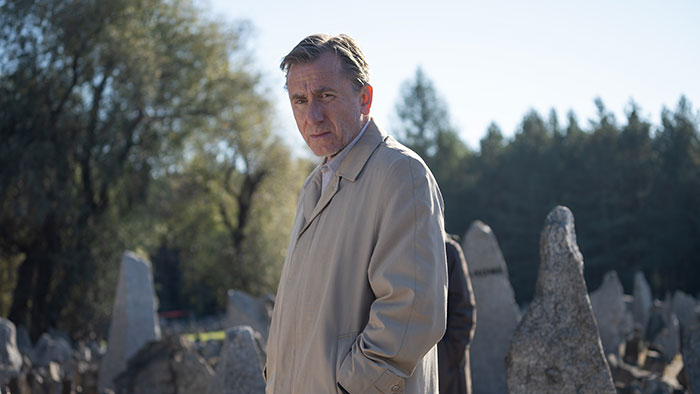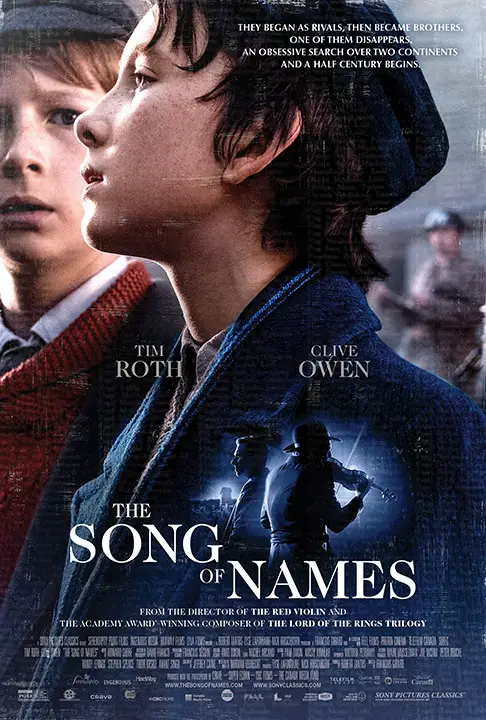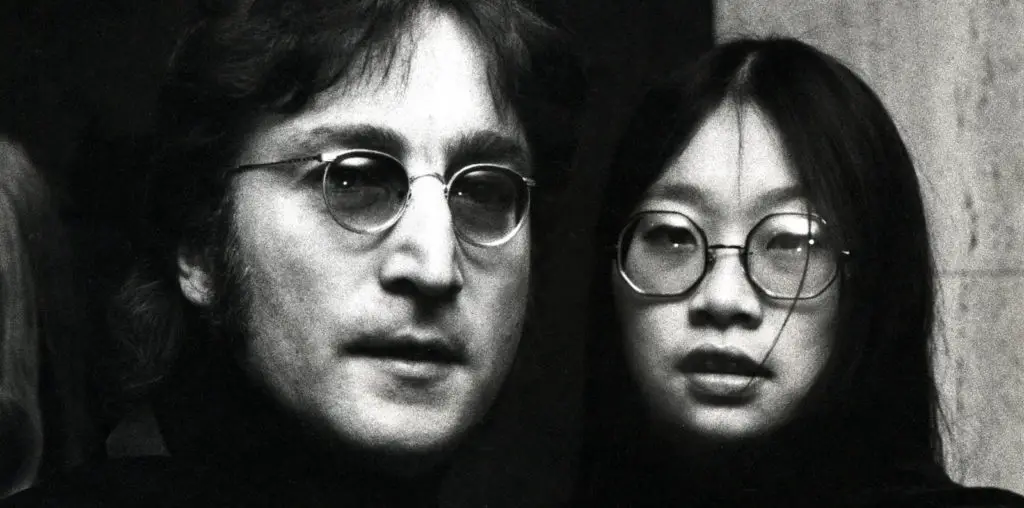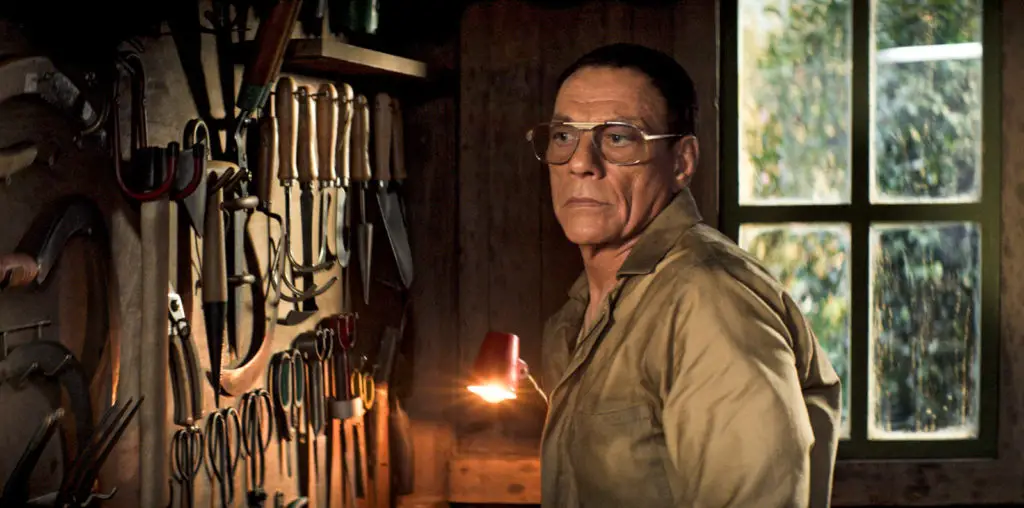
The Song of Names is an incredibly engaging story and bolstered by a touching and somber score by Howard Shore, who composed the titular “The Song of Names.” The score as a whole should not be underestimated, nor ignored, as it plays an integral part of the film. This is a film about the violin for crying out loud.
The early story hits on the theme of a young man groomed for greatness and given every chance in the world to succeed, but the cost was literally losing his family—far, far, away at the hands of the Nazis. It also explores the idea of the brotherhood between two men, who are not actually brothers.
The latter story is about family, but not in a Fast and Furious sense. It explores the family that you grow up with, the family that you came from, whether you like them or not. This tension is played out sadly and tragically but also has a message of deep religious faith for one of the two characters.

“This score should not be underestimated, nor ignored, as it plays an integral part of the film…”
Even more affecting is the point where the two stories meet, which is when Dovidl goes missing at the concert and how this single moment changed the lives of both men…mostly for the worst. I love this film and weirdly because of its melancholy tone that just never lets up. Layer the violins that play throughout on stage or in the score on top of that, and you’ll see how music can manipulate your emotions by giving you hope and taking it away over and over again.
Tim Roth and Clive Owen are both top-notch actors, as you’d expect. Both are down to earth guys relying on emotion and tension to tell most of their stories. There’s no gunplay or punching…maybe a little bit of punching. You empathize with Roth’s obsession to find his brother, even to the end. And Owen really only appears in the third act, but he packs quite an acting punch as he plays out his crisis of faith. Many kudos to director François Girard. Throughout the film, three actors play both Martin and Dovidl and somehow manage to make you believe they are the same person, and all can actually play the violin at an accomplished level.
I should also mention, this is a fictional story centering on the idea that the six million murdered Jews need never be forgotten. Martin and Dovidl are not real, nor is The Song of Names. Yet, this conceit never cheats or lessens the impact of the message the original novel set out to say. The Song of Names is a wonderful film worthy of consideration during its wintery award time release.
The Song of Names screened at the 2019 AFI Fest.

"…both are down to earth guys relying on emotion and tension to tell most of their stories."


